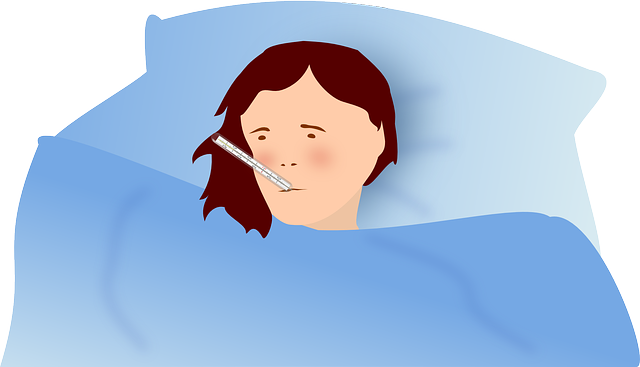By: ISB Health Clinic
nurse@isb.ac.th
Over the last week we have noticed an increase in students being diagnosed with influenza. We want to make sure parents are aware of the symptoms. Please read the information below and keep your children at home if they are unwell to help prevent influenza spreading throughout the school. Influenza is highly contagious and it is essential we have cooperation from all ISB families to isolate those who potentially have the infection to limit the spread. Influenza vaccination for the 2017/18 season is currently available at hospitals.
How influenza is spread?
Influenza virus is spread when someone with influenza coughs or sneezes, producing airborne droplets that come into contact with another person. Droplets can be spread through the air. Infection may also be spread by contact with hands, tissues and other articles soiled by infected nose and throat discharges.
Symptoms:
- rapid onset of fever
- headache
- muscle aches
- fatigue
- sneezing
- running nose
- sore throat
- a cough.
- may have nausea, vomiting and abdominal pain
Most people recover within a week, although the cough and fatigue may last longer. Influenza is much more serious than the common cold. It can lead to pneumonia (lung infection or inflammation) and other complications, and even death.
Once you are exposed to the influenza virus it is an average of 2 days for seasonal influenza (range 1 to 4 days) before you get symptoms. You are usually contagious from 1 day before onset of symptoms until 7 days after the onset of symptoms.
Treatment:
Most people recover with rest, drinking plenty of fluids and use of paracetamol/acetaminophen for the relief of pain and fever.
If the influenza virus is detected on throat/nasal swab. Antiviral medication can be given. This should be started within 48 hours of the onset of the illness and may decrease the duration and the severity of the illness. The entire course of the antiviral medication should be taken.
It is important that children are able to recover fully prior to returning to school otherwise they will relapse and risk spreading the infection to their peers. They should be fever free without medication for 24 hours prior to returning to school.
If your child is diagnosed with influenza please notify the Health Clinic. They will then need to present a medical certificate to the Health Clinic stating they are fit to return to school and no longer contagious prior to going to class (this can be the medical certificate from initial diagnosis with the dates of exclusion from school written on it).
When to seek medical advice:
Seek medical advice if:
- you are concerned about the symptoms
- symptoms are getting worse
- shortness of breath
- difficulty breathing
- confusion
- inability to keep liquids down because of vomiting
- symptoms of dehydration (such as being dizzy when standing or passing much less urine than normal).
- If you want to see if antiviral medications will help.
Prevention:
- If children are unwell they should stay away from school until there has been no fever for 24 hours (without using a fever reducing medicine such as paracetamol/acetaminophen).
- Wash hands as soon as possible after sneezing or coughing and after contact with nose and throat discharges or articles soiled by these. Use soap and water or an alcohol based hand rub.
- Wipe down all frequently touched surfaces regularly with a cleaning cloth dampened with detergent, or a large alcohol wipe.
- Cover a cough or sneeze with a tissue or your arm, not with your hand. Drop used tissues immediately into a rubbish bin, then wash your hands.
- Flu vaccines reduce the risk of getting severe influenza. Influenza vaccination is required every year as the influenza virus is constantly changing and each year the influenza vaccines are altered to provide protection against the strains that are circulating. After vaccination you may still get influenza if the circulating strain was not covered in the vaccine.
- Annual influenza vaccination is recommended for anyone 6 months of age or older who wishes to reduce the likelihood of becoming ill with influenza.
ISB is committed to your child’s overall development, both educationally and health related. Should you have any questions or concerns, please contact your healthcare provider or the ISB Health Clinic (nurse@isb.ac.th).

